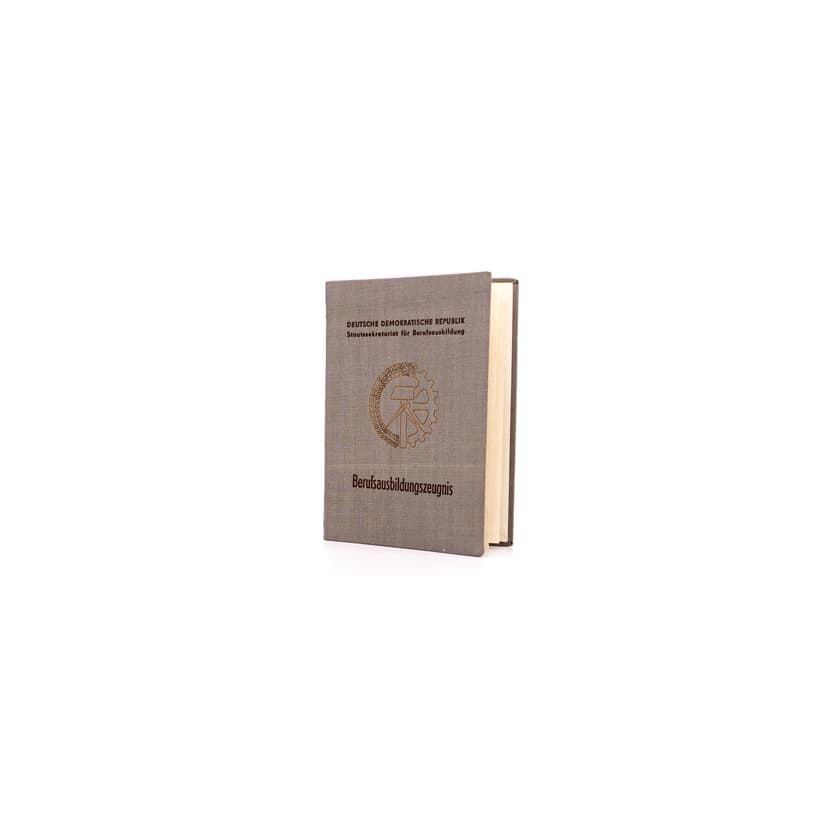It's autumn 1951. My 24-year-old grandmother is completing her four-week final apprenticeship as a poultry farmer at the Ramin estate near Pasewalk. The GDR is two years old at this point, and there's nothing to indicate that my grandmother would leave the country. Rather, she's simply happy to have secured an apprenticeship, something that was anything but a given after the war. As one of only three candidates, she completes the course with distinction. What follows are eventful but also happy years—entirely in keeping with the ideal of the GDR regime: marriage, the birth of two children, and permanent jobs for both spouses on farms in Clausberg near Eisenach and Bernburg an der Saale. In the summer of 1955, the family of four travels to Bremen with interzonal passports to visit close relatives. There, they learn that a confidant is willing to offer my grandfather a job in Friedland near Göttingen. He immediately goes there to inspect the farm, but returns to Bremen less than enthusiastic. "You can't let your children grow up under the regime of the Eastern Zone!" is what my grandparents heard before their return trip to the GDR. My grandmother recognizes the opportunity and convinces my grandfather to make a fresh start in the West. A short time later, when the SED orders him to prohibit a large farmer in Bernburg from tending his livestock, escape becomes a reality: He escapes to West Berlin in great secrecy to obtain refugee status at the Marienfelde emergency reception center. Shortly afterward, he successfully enters the Federal Republic of Germany, where the promised position awaits him in Friedland. Meanwhile, my grandmother and her children find shelter with her in-laws near Rostock. They stay there until December 1955, before another interzonal passport is applied for to visit relatives in Bremen. But initially, only my grandmother is granted the trip. In tears, she tells the officials that she absolutely wants to spend the Christmas holidays with her children in Bremen, as her husband has maliciously abandoned her. With her strong will and powers of persuasion, she finally manages to get her daughter and son to come along as well. The trip to the free West is successful, and when my grandfather arrives in Bremen on Christmas Eve, the family is finally reunited. There couldn't have been a better time than the festival of love. In Friedland, my grandparents and the children move into company apartments and have permanent jobs. This minimizes the worry of having to leave the Federal Republic of Germany again. My grandmother now lives in a retirement home. I visit her to listen to her stories or to tell her stories about my life so she can share in them. She never had to return to the GDR – and she hasn't raised poultry for many decades. I can't imagine how nerve-wracking the family's separation must have been some 70 years ago. My grandparents made it through thanks to an attitude to life that also shaped me: "Strong in adversity, wise in prosperity. Always forward, never backward."




